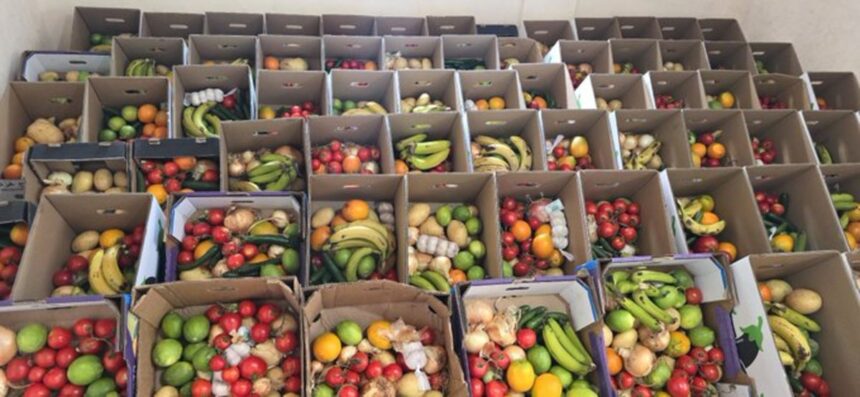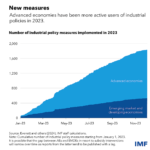On October 7, 2023, countless lives changed. Yousef Mahmoud was no exception. Even before the war began, the Palestinian taxi driver could no longer bear to remain a bystander while unemployment and hunger became a part of everyday life in Gaza. Between 2022 and early 2023, Over 2 million people Gaza residents lacked access to clean water and proper sewage systems, and two-thirds of the population lived in poverty.
In this context, Yousef appealed for help online. During Ramadan in 2023, he wanted Muslims around the world to donate using Bitcoin, the first decentralized cryptocurrency. With Bitcoin, he could buy food for those in need and toys for children in Gaza. Fumble, a Bitcoin user living in the UK, was one of those who responded to his call.
“I quickly realized that Yousef was truly reaching out to people on the ground,” Fambul recalls. “Bitcoin users would send him satoshis (Bitcoin’s small unit of currency), and he would reply with photos of the impact their donations had on elderly people and orphans in his community. The more evidence I saw of his work, the more I wanted to help, so I decided to join. Geyser As a means for Yousef to organize his efforts and scale up the project.”
In April 2023, Yousef Geyser Projectwas launched by Pleskal, a global Bitcoin crowdfunding platform, to raise more funds to provide food and drinking water to Palestinian civilians in need.
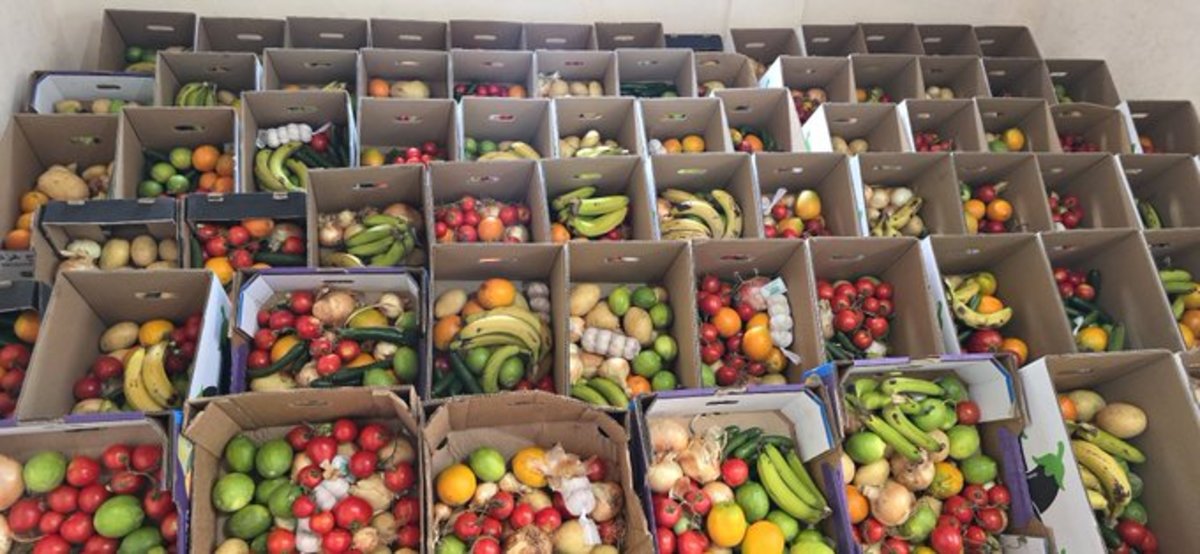
When the going got tougher, help continued
In the months that followed, Yousef’s project took a new turn. The situation in Gaza worsened under the military occupation. 85% With around 70 percent of Gaza’s population displaced and economic activity halted, poverty and unemployment were exacerbated. Demand for food and water increased, and Yousef shifted his focus from helping families during Ramadan to providing basic necessities to civilians in need.
Between April 2023 and May 2024, more than 1,500 people donated to the initiative, enabling Yousef to repeatedly purchase food and drinking water for 20,000 households in the Gaza Strip, with an average of 5-7 people per household. Around 500 of the people he helps are orphans.
Fumble explains that the Geyser Project has made it easier for people to support Yousef’s efforts. Now, Yousef relies on these donations to continue providing canned food, baby products, drinking water, bags of flour, clothing, and medicines to civilians. The donations have also helped Yousef have enough credit on his e-SIM card to stay connected and up to date on the updates his community needs, and to access the donations he receives through the project.
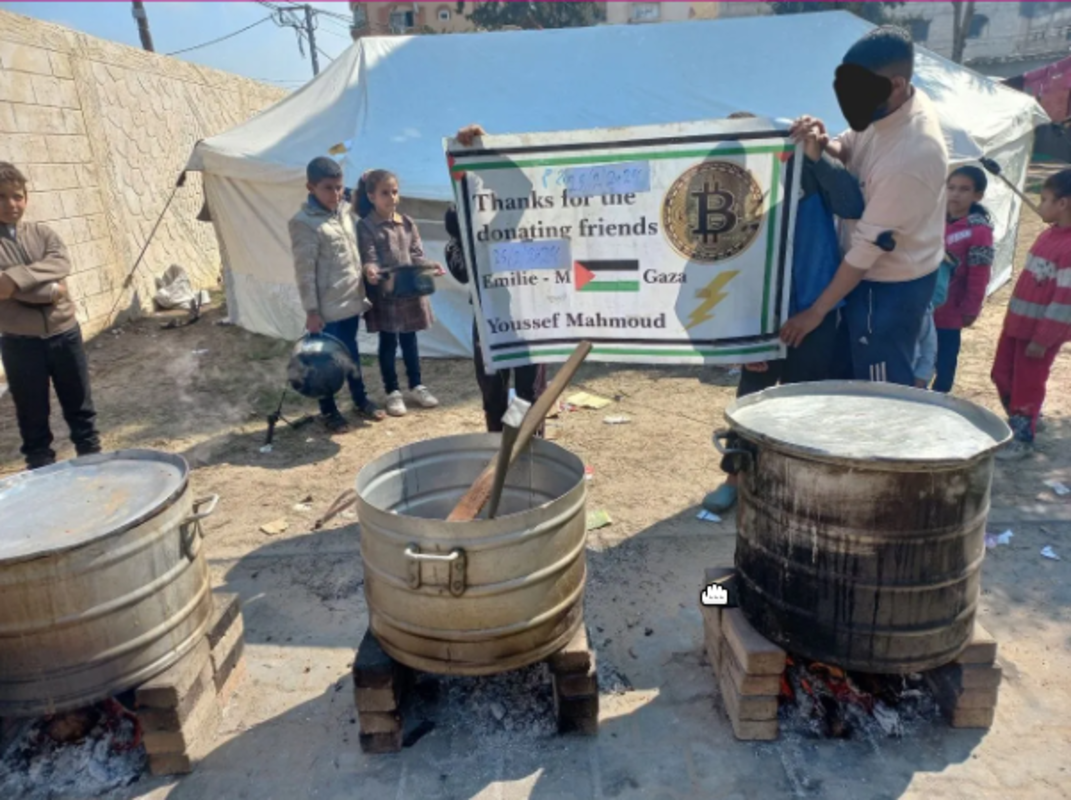
“More and more people are using Bitcoin here. There’s no other option.”
Within two months of the war starting, unemployment in Gaza had risen to 79.3%Local residents have no source of income and lack access to water, sanitation, health care and education. Half of the local population are children. Meanwhile, those with savings in banks are unable to transact.
“During the war, all you have left is the coins in your wallet,” Yousef explains over a shaky phone call, with Fambul on hand to bridge the language barrier. “In Gaza, the banking apps on your phone are down and banks are freezing your accounts. All you have left is cash or bitcoin.”
Fumble explains that the Palestinian economy runs on Israeli shekels, and the Gaza Strip’s financial system is almost entirely dependent on Israel, which must approve any movement of cash into the area. “Because of the occupation, payment processors don’t facilitate it, and that’s why Israel controls what transactions come into its banks,” Fumble says.
As a result, many Palestinians rely on connections abroad to manage and access their funds, but there are many stories of people having their money accepted by someone who then fails to pass it on to its rightful owners. Those who do pass the money often charge hefty fees of 30 percent or more.
For people like Yousef, Bitcoin has emerged as a more powerful alternative than ever before. Its peer-to-peer, permissionless nature allows him to avoid financial and platform barriers to get aid from abroad and help people there. Plus, the fee to convert Bitcoin to fiat is around 5%, cheaper and faster than alternatives. “I can see why more people are using Bitcoin now: there’s no other way,” Yousef says.
Additionally, other crowdfunding platforms either do not operate in Gaza or are blacklisted, meaning they cannot be used to send or receive funds if you are registered in Palestine. Geyser continues to allow people in the region to raise funds using Bitcoin, while adding precautions such as requiring users to show identification to ensure funds are not used to support sanctioned parties.
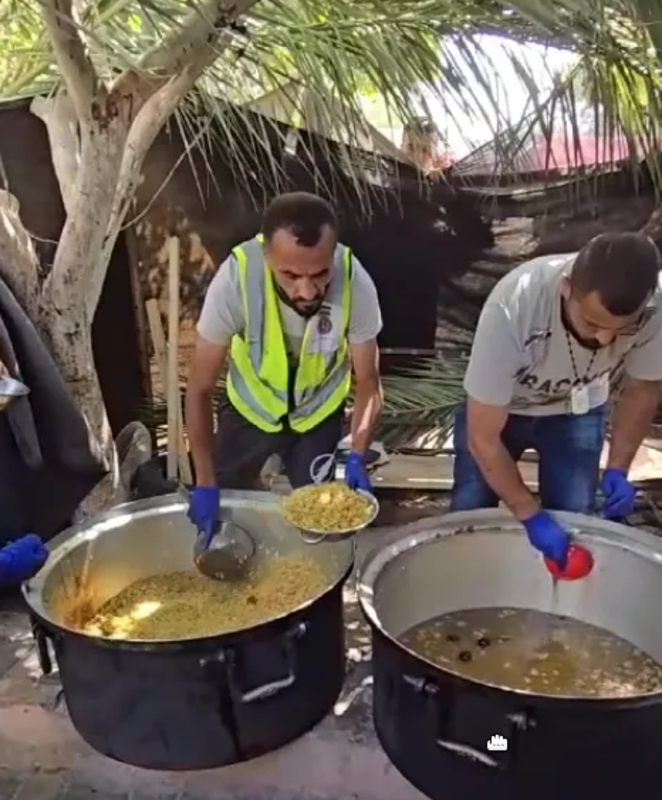
“The people are innocent of this war. That is why I help them.”
Further complicating Gaza’s economic situation is the forced displacement of Palestinian men and the separation of many families. Detained Families are being told to evacuate while mass evacuations are taking place. “Fathers were the main breadwinners in Gaza, but now many families are being forced to fend for themselves. These are the people who come to my house asking for help,” Yousef said.
To help them, Yousef drives regularly to Rafah to pick up supplies. It’s not a comfortable commute; living as a refugee in Gaza has made him an easy target, and the army’s extensive screening has limited supplies entering Rafah from Egypt. “Supplies are deliberately limited,” Fambul explains. “There are no anaesthetics, no insulin, medical ventilators have holes in them… Even medical scissors are considered weapons and sometimes used as an excuse to refuse to accept supplies, not to mention trucks being deliberately delayed so food can spoil.” When asked what motivates him to continue, Yousef’s answer is simple: “My people are innocent in this war, and that’s why I help them.”
But there are good days too. In March 2024, Yousef 2,700 chickens The order was granted in a “commercial capacity” to provide food to the community from Egypt, simplifying cross-border bureaucracy. These large-scale deals are a source of hope for Yousef, but are only possible if large donations come in.
In April 2024, Yousef’s project received $48,000 worth of Bitcoin. When I asked Yousef if he was proud or surprised by his achievement, he replied, “My greatest achievement is bringing the necessary help to people, especially children.” Recently, he built nearly 100 tents to shelter displaced families.
Though his projects consistently rank among the Geyser’s most funded, Yousef sometimes struggles to keep up with the relentless needs and costs he’s trying to meet. Not only is food hard to come by, for example, A sharp rise in prices Please contact me whenever you are available. The week we called, Yousef had just raised $48,000 in Geyser, and was running low on donations and on the verge of selling his car to help those in desperate need of medical assistance. “To help more people, we need money to get supplies in bulk and rent cars and trucks to transport supplies to displaced communities,” he explains.
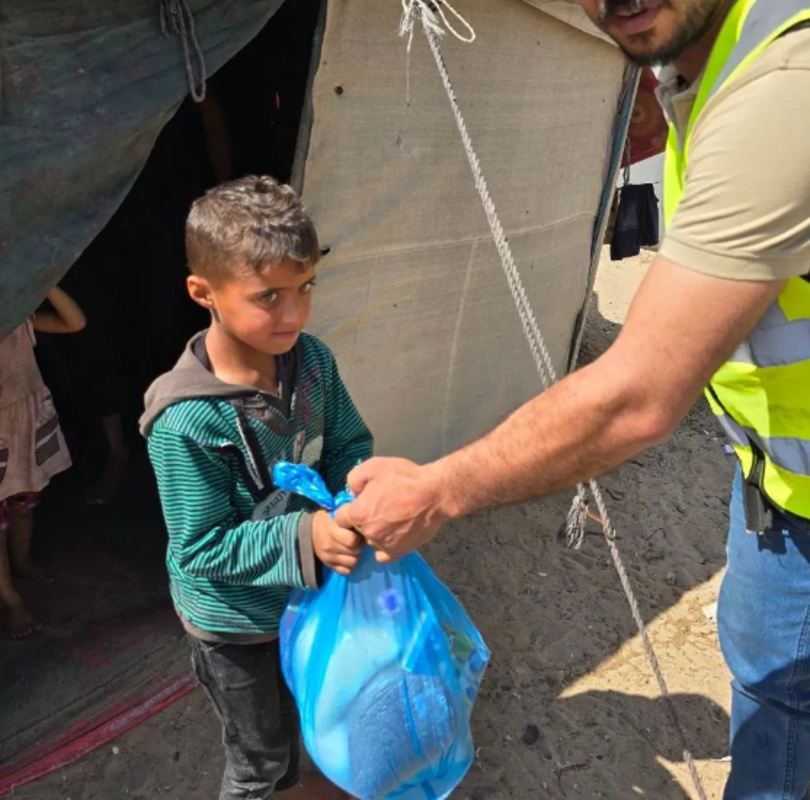
Using Bitcoin to meet people’s most pressing needs, one day at a time
Online, the work is XFumble helps Yousef spread the word about the project to ensure the trickle of donations doesn’t dry up. “Yousef sends us videos of the work being done on the ground, which helps prove that the project is trustworthy and authentic. The fact that he shares those videos consistently helps show the transparency of his intentions. The challenge is to share as much information as possible without compromising people’s safety,” explains Fumble.
“We have to be very careful,” Fambul says. “We want to communicate as much as possible about what’s going on, and Yousef’s first-hand content is valuable in that regard. The more transparency we have, the more people will donate. But at the same time, we need to protect innocent civilians in Gaza, many of whom feel abandoned by the world.”
Alongside those sentiments, Palestinians are holding fast to their long-held mantra of steadfastness. Asked if he expected life to return to normal, Yousef replied without hesitation: “Of course.”
In the meantime, Fambul is thinking about how he can help civilians in Gaza, potentially 3D printing and supplying prosthetic limbs for children who have lost limbs in the conflict. “When I mentioned the idea to Yousef, he just said, ‘God willing,'” Fambul says, “because he takes nothing for granted and works so hard to meet people’s immediate needs. Bitcoin donations are the lifeline he’s counting on to help people survive just one more day.”
To donate to Yousef’s Gaza Relief Project, click here..
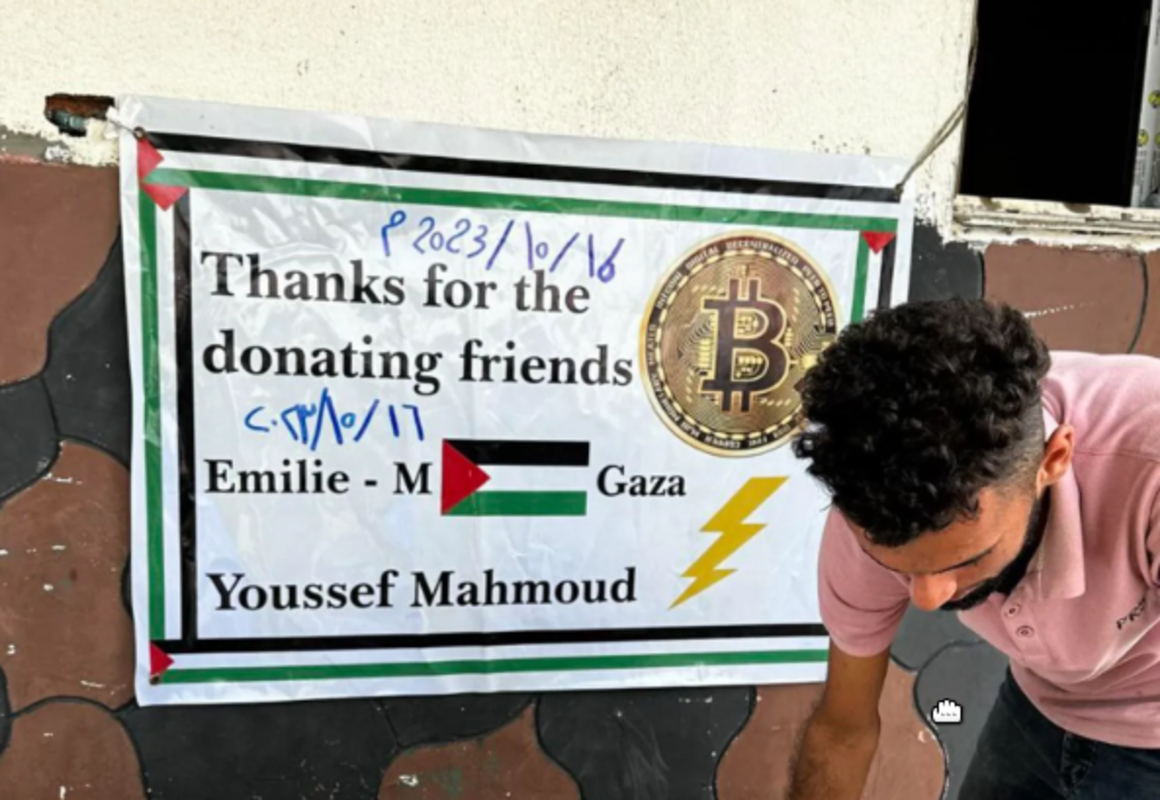
This is a guest post by Michelle Morucci. The opinions expressed here are entirely Morucci’s own and do not necessarily reflect the opinions of BTC Inc or Bitcoin Magazine.

